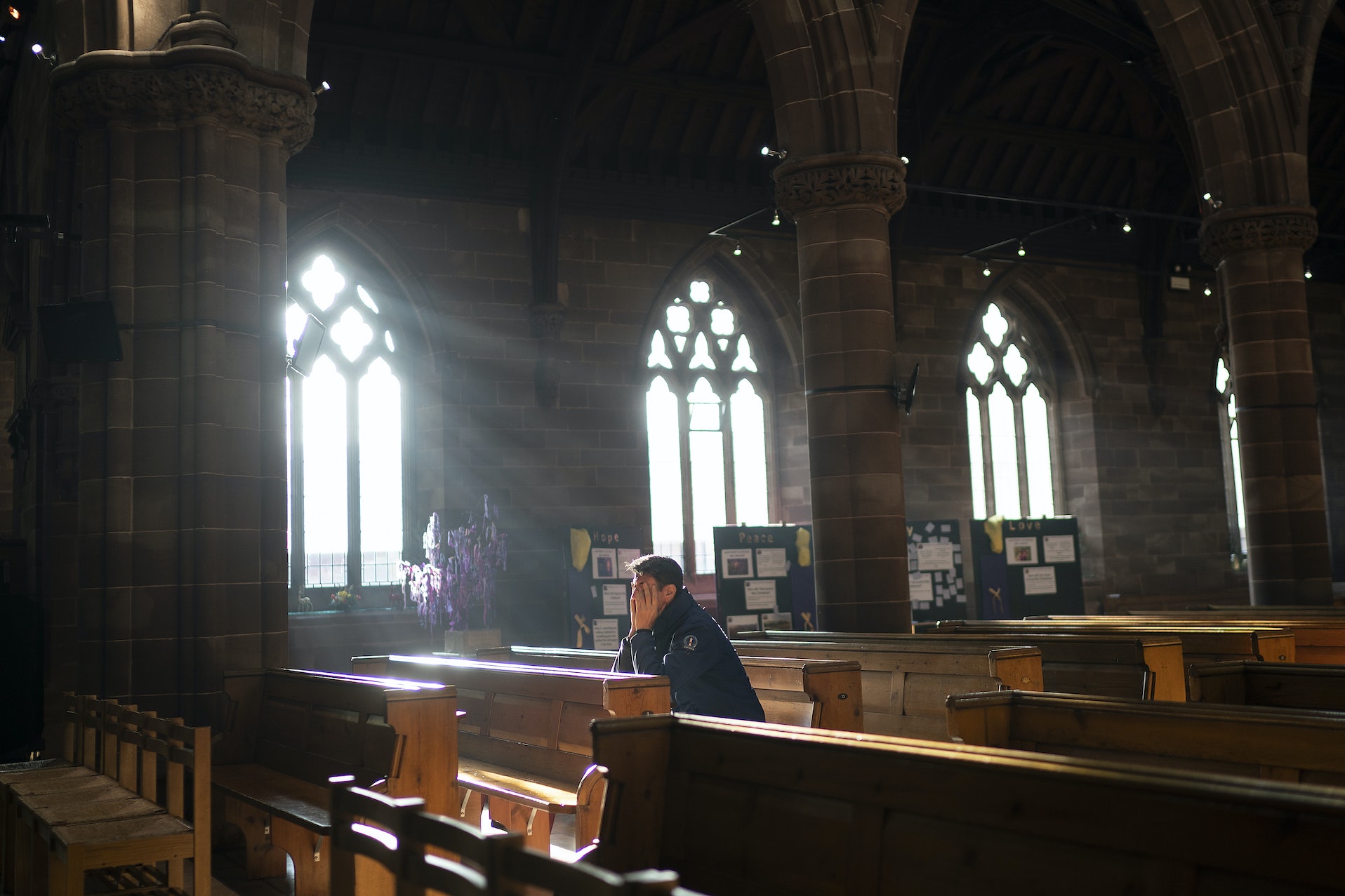A few years ago, research by the Church of England’s General Synod found that more than one third (38%) of CofE congregations had no members under 16. 68% had fewer than five. I would imagine that broadly similar figures obtain across many different Christian denominations, with the possible exception of various independent and Evangelical congregations, and perhaps some redoubts of Catholic traditionalism. In the contemporary world it is clearly very difficult for Christians to keep their children in the church.
I can well believe, therefore, a new study that shows that most self-identified non-believers say they were raised in the faith. The grim joke in many Catholic and Church of England circles is that Confirmation — a ceremony usually gone through in the early teens — all too often means an exit from regular church attendance, rather than the entry into a deeper and more adult involvement. University is another notoriously difficult transition period; anecdotally I have encountered many cases of people who lapsed in those early adult years.
Why is it so hard for churches to hang on to their young members? The fundamental answer is that Christianity is strange and hard. It asks people to believe propositions which seem highly implausible, to accept a whole sphere of existence beyond the normal human senses. This is an obstacle for Christian apologists because over the last century or so, the lives of people all over the planet have been made longer, more comfortable and safer by technological and scientific advances premised on a materialist understanding of the world. If we can manage such improvements without invoking metaphysics, then why bother with anything more elusive and spiritual? Similarly, the so-called Darwinian revolution in our understanding of the natural world appears to have removed the need for God as creator.
Of course, there are good Christian responses to these kinds of questions. But in contemporary Britain, even to go looking for those answers requires a level of swimming against the cultural tide that few people are able or willing to undertake. Relatively few Christians are equipped to respond to such questions in a compelling way, with the result that most young people, even those in churches, just don’t encounter that many well-informed believers who can set out the case for, say, the compatibility of faith and science.
The other unavoidable part of the puzzle, when it comes to churches losing younger people, is that Christianity makes demands on people which go entirely against the grain of contemporary society. We might think immediately of demanding — and to the modern mind, offensive — sexual ethics, but that is only part of the story. There is a general expectation within Christianity that you no longer live for yourself, which is understandably a daunting prospect for young people, who tend to be full of their personal ambitions and schemes and ideas.
It is genuinely difficult to adapt your life to Christian living: to commit to a community full of people whose company you might not have chosen for yourself, in which you must regularly recognise your own flaws and weaknesses and cruelties. Forgiving other people is hard, but so is asking other people to forgive you. The long social dominance of Christianity in Europe has tended to obscure the fundamental oddness and difficulty of Christian observance.
It doesn’t help that well-meaning Christian attempts to appeal to reach out to young people have often been rather inept, often because they lack the confidence to just let the truths of the faith speak for themselves. Most people who grew up in churches will have their own stories of cringeworthy attempts by church leaders to get down with the kids, usually just a decade or two behind the times. Disco cathedrals are a hard no.
There are no easy answers. What works in one place, with one set of kids, may not work in another. Quite likely the much-mocked rainbow guitar straps have appealed to plenty of teenagers in their time. But, ultimately, no Christian congregation can avoid the question.











Join the discussion
Join like minded readers that support our journalism by becoming a paid subscriber
To join the discussion in the comments, become a paid subscriber.
Join like minded readers that support our journalism, read unlimited articles and enjoy other subscriber-only benefits.
Subscribe